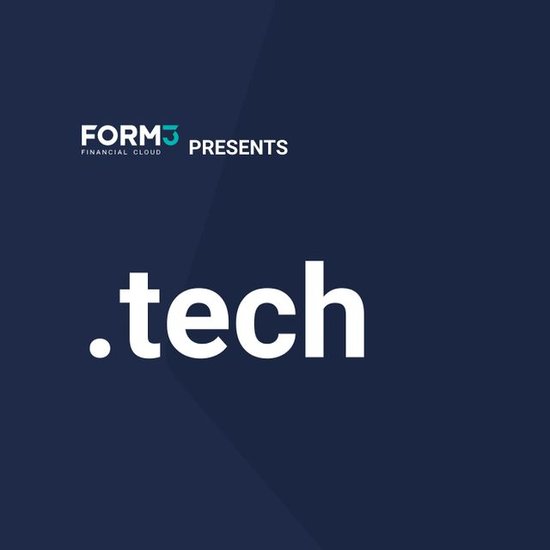Ep 16 .tech - Supercharge your Kubernetes clusters with Cilium
Dan Wendlandt, the CEO of Isovalent joins host Kevin Holditch for a discussion on the product they have created Cilium
Dan Wendlandt, the CEO of Isovalent joins host Kevin Holditch for a discussion on the product they have created Cilium
We are pleased to introduce the availability of Cilium in the Red Hat Ecosystem Catalog as well as the certification of Cilium as a Certified OpenShift CNI Plug-in. The Container Network Interface (CNI) badge is a specialization within Red Hat OpenShift certification available to networking products that integrate with OpenShift using a CNI plug-in. Users running OpenShift can feel confident that running Cilium will not negatively impact their Red Hat support experience.
We’ve just launched a new community resource:networkpolicy.io, to help people learn how to apply Kubernetes network policies to protect their business-critical workloads. But why do we need network policies at all? Let’s consider why traditional network security approaches aren’t sufficient in the cloud native world, and see what advantages we can gain through network policies.
Implementing Network Policy is a critical part of building a secure Kubernetes-based platform, but the learning curve from simple examples to more complex real-world policies is steep. Not only can it be painful to get the YAML syntax and formatting just right, but more importantly, there are many subtleties in the behavior of the network policy specification (e.g. default allow/deny, namespacing, wildcarding, rules combination, etc.). Even an experienced Kubernetes YAML-wrangler can still easily tie their brain in knots working through an advanced network policy use case.
Thomas talks about challenges of security and networking in Linux and Kubernetes and how to build a business on open source technology
Dan and Thomas join the show today to talk about why Cilium is a great choice for organizations looking to build cloud native applications
Today is an exciting day for the Cilium community: Isovalent, the company behind Cilium, is announcing its $29M Series A financing round backed by Andreessen Horowitz, Google, and Cisco. This is a perfect occasion to take a deeper look into where eBPF-based networking is coming from and to understand what the excitement is all about.
Hubble is a fully distributed networking and security observability platform for cloud native workloads. Hubble is open source software and built on top of Cilium and eBPF to enable deep visibility into the communication and behavior of services as well as the networking infrastructure in a completely transparent manner.

Thomas Graf discusses the recent 1.6 release, some of the security questions/concerns around eBPF, and the future roadmap for the project
For live conversation and quick questions, join the Cilium Slack workspace. Don’t forget to say hi!
Join slack workspace






